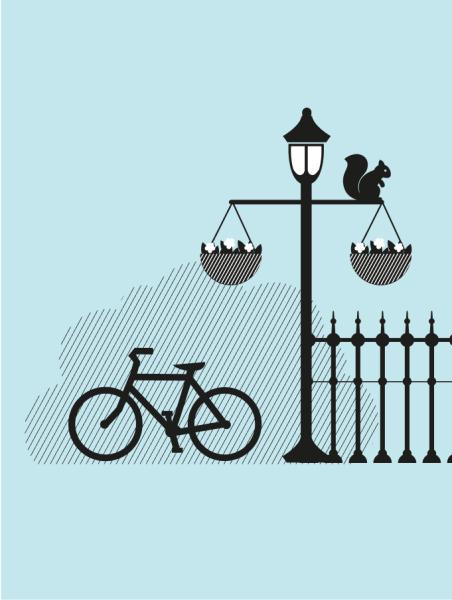7 things to consider once the Renters’ Rights Bill passes

The Renters’ Rights Bill (RRB) is likely to pass around the spring, with some of the changes expected to come into force either immediately or at some point later in 2025. It’s therefore important for landlords to understand the new rules and what will need to be done differently once the Bill becomes an Act.
If you already have a current tenancy or you’re going to be letting property in the coming months, here are 7 things to consider:
Fixed-term tenancies will be replaced by periodic ones
ASTs and minimum fixed terms will disappear, and a type of new tenancy agreement will be introduced.
So, if you’re used to asking for a minimum 6 or 12-month commitment from tenants, you need to know that this will no longer be possible, and tenants will be able to give two months’ notice at any point from the start of their tenancy.
Although the new tenancy agreement has yet to be finalised, we know that there will be a minimum set of specific terms, and it will be a legal requirement to issue these in writing to tenants.

Landlords will be unable to evict a tenant without giving a reason
Section 21 will be abolished and landlords will only be able to evict a tenant by serving a Section 8, stating a specific ground and giving the required notice.
It’s also important to know that if you want to sell, or you or a close family member wants to move into the property, while these will remain valid grounds, the tenant will be protected from eviction for the first 12 months of the tenancy.
The Section 8 rent arrears ground will change
Currently, you can serve a Section 8 for rent arrears once your tenant is two months behind, giving them just two weeks’ notice to leave.
Under the RRB, this ground will require the tenant to be three months in arrears and the notice period will double, to four weeks.
Given the increased potential loss of rental income, it will be even more important to carry out thorough credit checks and referencing before accepting a tenant, to be as sure as possible that they will be able to afford the rent on-going.
You will only be able to increase the rent once a year
Currently, landlords are permitted to write rent increases into tenancy agreements and can raise the rent at any time if the tenant agrees. However, the RRB states that rents can only be increased once every 12 months, which must be done by serving a Section 13 notice, and the increase must align with market rates.

You will no longer be able to refuse a tenant’s request to keep a pet without a good reason
Tenants will have the right to request a pet, and you will have 28 days to object if you believe there is a good reason why they shouldn’t be allowed to.
Valid reasons could include: the property not being suitable for the type of pet (e.g. a large dog in a small flat), the head lease prohibiting pets, or a previous landlord reporting damage.
To protect landlords, the Tenant Fees Act will be amended to include pet insurance as a permitted payment – i.e. you will be able to require the tenant to either take out insurance themselves or reimburse you for your own policy.
The legal minimum requirements for property condition and repairs will tighten
A Decent Homes Standard is going to be introduced, which will set clear minimum health and safety requirements for privately rented properties. ‘Awaab’s Law’ will also be applied to the PRS, requiring landlords to address and fix serious health hazards within a strict legal timeframe, rather than simply within a ‘reasonable’ amount of time, as is the case now.
Landlords will be subject to mandatory registration and membership of an ombudsman
A new PRS portal is going to be established, which will be both an information hub for landlords, and also serve as a public register, holding certain details about landlords and their properties. A new ombudsman will also be created, to help tenants hold landlords to account and mediate in the case of disagreements, such as over the tenant being allowed a pet.
It will be a legal requirement for landlords to register with the portal and join the ombudsman before a property is marketed for rent, with a first offence maximum civil penalty of £7,000 for those who breach the rules or supply false information. It’s also worth noting that the maximum civil penalty for the worst offences will increase from £30,000 to £40,000.
You can see the full government overview of measures in the bill on the GOV.UK website.
If you would like to discuss any the upcoming changes under the RRB, or would like to upgrade to our Fully Managed service to ensure everything is covered for you, just get in touch with your nearest branch and one of our lettings experts will be very happy to help.
Looking for advice?
If you're looking to let or sell your property, we can help. Get in touch with your local branch or book in for a property valuation.

Contact Us
Got a question, general enquiry or something else?
You may also like
Since we started in 1818 we have grown and joined one of the UK’s largest property groups, we can save you time and money by offering a range of services and expertise under one roof.





